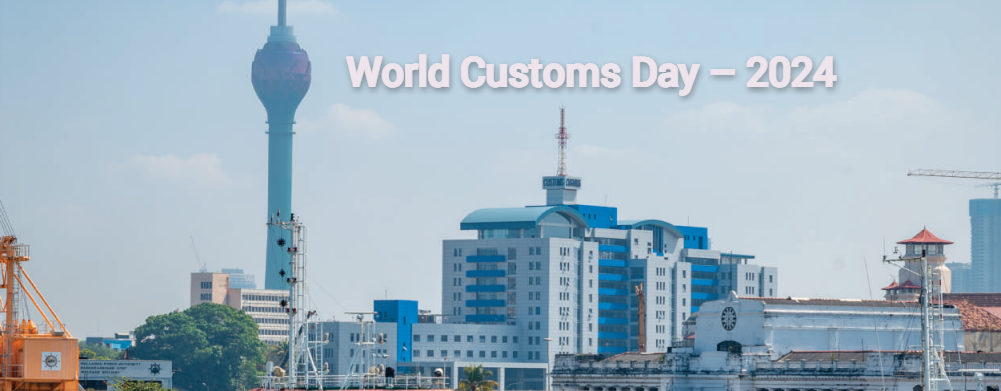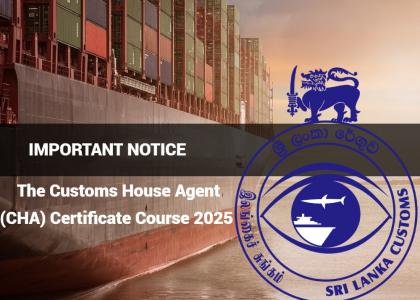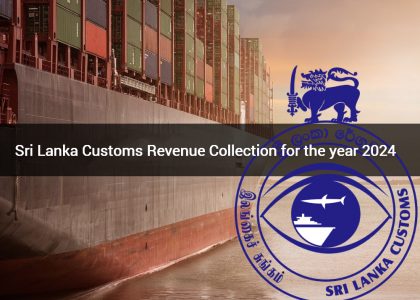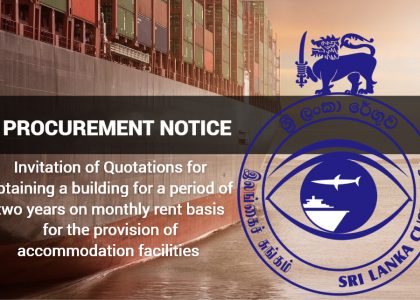World Customs Day is an annual event observed on January 26th. It was established by the World Customs Organization (WCO), an independent intergovernmental organization that facilitates international trade and promotes effective customs administrations. The primary purpose of World Customs Day is to recognize the role of customs officials and agencies in maintaining border security, facilitating trade, and collecting customs duties.
The WCO, headquartered in Brussels, Belgium, was established in 1952 and has a membership comprising customs administrations from over 180 countries. The organization focuses on developing international standards and best practices for customs procedures, fostering collaboration among customs authorities globally, and providing technical assistance to its member countries.
World Customs Day serves as a platform for raising awareness about the crucial role of customs in facilitating legitimate trade, ensuring border security, and contributing to economic development. It also provides an opportunity for customs officials, policymakers, and industry representatives to engage in discussions, share experiences, and collaborate on addressing emerging issues in the realm of global trade and customs administration.
Each year, World Customs Day has a specific theme chosen by the WCO to highlight a particular aspect of customs and international trade. These themes often address current challenges and opportunities faced by customs administrations and the broader trade community. The day is marked by various events, seminars, workshops, and activities organized by customs authorities, government agencies, and stakeholders worldwide.
In 2024, the theme for World Customs Day is “Customs Engaging Traditional and New Partners with Purpose.” This theme highlights the vital role of collaboration between customs authorities and a diverse range of partners. Traditional collaborators may comprise other government agencies, international organizations, and industry players. At the same time, emerging partners could encompass innovative technologies, private sector entities, and community organizations. The emphasis is on fostering meaningful partnerships that serve a specific purpose, acknowledging the significance of cooperation in addressing the challenges and opportunities within the realm of customs administration and international trade.
In this context, the theme suggests a proactive approach by customs agencies in forging meaningful partnerships that serve a specific purpose. This purpose could encompass enhancing trade facilitation, ensuring border security, adopting new technologies for efficient customs processes, and addressing contemporary challenges in global trade.






